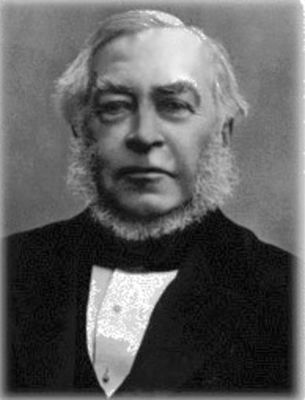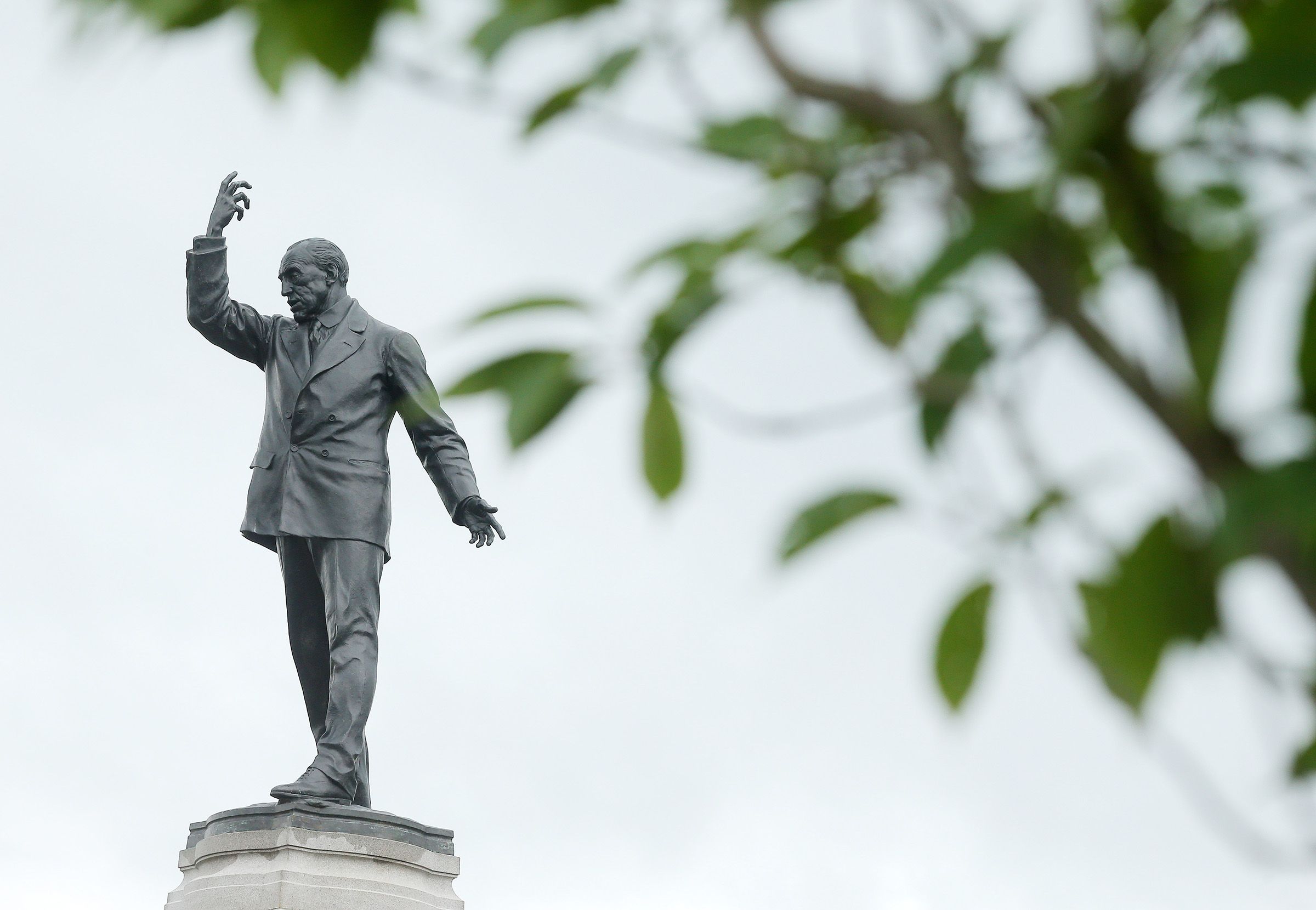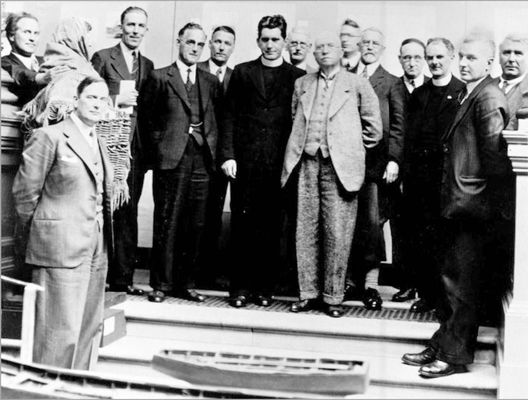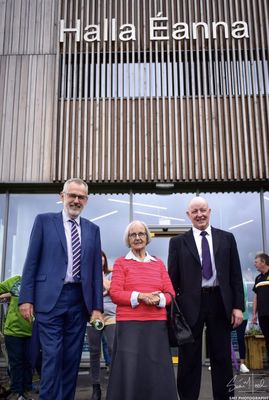A FEW days before Christmas, Secretary of State Brandon Lewis told us: “2021 marks 100 years since the creation of Northern Ireland, which paved the way for the United Kingdom as we know it today. We will use this opportunity to hear untold stories, to promote Northern Ireland on the world stage and to celebrate its people, culture, traditions and enterprise.”
For many of us the question arises, what is there to celebrate? Can Mr Lewis be serious or is he reading a prepared script?
May 3, 1921 was the day appointed for the establishment of the House of Commons for the governments of Northern Ireland and Southern Ireland. A week later a resolution was passed in Dáil Éireann stating that these elections were to be regarded as elections to Dáil Éireann.
In the area designated as Northern Ireland 52 members were elected. 40 of these were members of the Unionist Party with six Sinn Féin and six Nationalists.
From the start Ulster politics followed denominational lines. Protestants almost always voted Unionist and Catholics almost always voted Nationalist.The Protestant/ Unionist position was crystal clear with the inviolable tenet being that the union with Great Britain must be maintained.
Sir James Craig, who became the first Northern Prime Minister after Edward Carson reneged, instead accepting a post as an appeal judge and a seat in the House of Lords, clearly stated the case: “It is necessary to keep on repeating that Ulster is British and is as much an integral part of the United Kingdom as Yorkshire or the Lancashire.”
The Nationalist position was much less clear. Some were actively hostile to the union while others grudgingly accepted it was something they had to live with. Until 1925 no Nationalists attended the Belfast parliament after which they then did as individuals and it was only after some rudimentary party organisation in 1928 that they became anything like a cohesive unit. An act passed in 1934 made abstentionism impossible but even at that stage the Nationalists refused to become known as the Official Opposition since they held the view that an official opposition is a loyal opposition.
The Nationalists often continued to act independently. Charles McGleenan had been an active Republican during the War of Independence serving with the 4th Northern battalion under the command of Frank Aiken. In 1950 he successfully contested South Armagh. Three years later he again won the seat uncontested. Charles was a neighbour of my mother. Whenever an election was announced, my mother would say to him, “Charlie, will you stand in the election?”
“I will, Rose, but I’ll not sit!”
Constitutional politics overshadowed social considerations with Protestant working men voting for the Unionist Party and their Catholic counterparts voting Nationalist. Between 1922 and 1970 there were just five Prime Ministers of Northern Ireland while in the UK the position of Prime Minister changed 15 times.
The powers of the Northern Ireland government were devolved upon it by a superior government unit, the parliament of the United Kingdom with powers and responsibilities only in matters defined and delegated by the Westminster government. This left the UK government with more time for other topics and in turn matters of local importance were given more careful scrutiny in the devolved government than they would otherwise have. Decisions to do with taxation, foreign affairs, foreign trade, the postal service, radio, coinage and copyrights were retained by Westminster. The Northern Ireland interest in these affairs was looked after by the 13 MPs elected to Westminster. After the setting up of the NI government Westminster took little interest in affairs in Belfast.
A governor was appointed who gave royal assent to bills etc, the NI prime minister was to liaise with the Westminster Home Secretary and a Senate was appointed as the upper house mirroring the role of the House of Lords.
The violence in the north, especially in the greater Belfast area, has been well chronicled with the first bout petering out in late 1922.
However, it is often overlooked how the Unionist administration set about ensuring that Craig’s Britishness was maintained once the violence was curbed. The police force was largely Protestant and the B and C Special forces were exclusively Protestant. No effort was made to reinstate Catholics who were driven from the shipyards.
In 1922 legislation was passed abolishing proportional representation in local government elections. At the same time a programme of revision was started resulting in the redrawing of boundaries, now known as gerrymandering, throughout these counties. An oath of allegiance was also introduced. When local elections were called in 1924 Nationalists refused to take part in many areas which was seen as further success by Unionists. This was their method of rewarding their faithful followers.
There were two county boroughs (Belfast and Derry), two boroughs, thirty urban districts and thirty-two rural districts. Voting was restricted to ratepayers who were entitled to a vote, up to six, for every property they owned while tenants were not entitled to vote. Most local councils became dominated by Protestants/Unionists who controlled housing allocation and who set out to protect their inbuilt majorities. So successful were their endeavours in local government that in 1929 the Unionists moved to strengthen their grip on government by abolishing proportional representation in parliamentary elections on the grounds that it created a multiplicity of parties.
In 1926 Catholics numbered 420,428 i.e. 33.5% of the population of Northern Ireland. By 1961 there were 495,547 which was 34.9% of the total. Given that it's an established fact that the Catholic birthrate has been consistently larger than their Protestant counterparts it's obvious that a great proportion of young Catholics (eight of our family of 12 left) emigrated leaving the Unionists with a natural voting majority for the first 50 years of the state.
No doubt we will hear more from Mr Lewis in the coming weeks but I’ll not hold my breath. For me there is a more important event in 2021. In March we will be asked to take part in the census. I'm looking forward to comparing the 2021 statistics with those mentioned above. I expect a seismic change.








